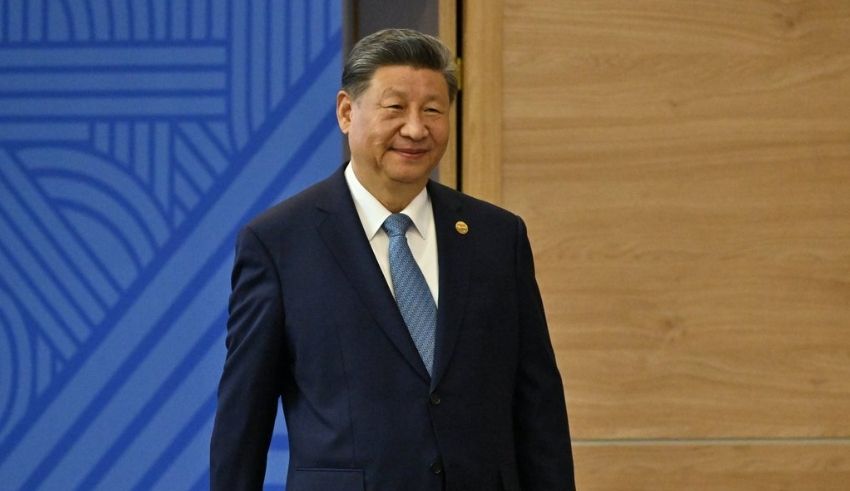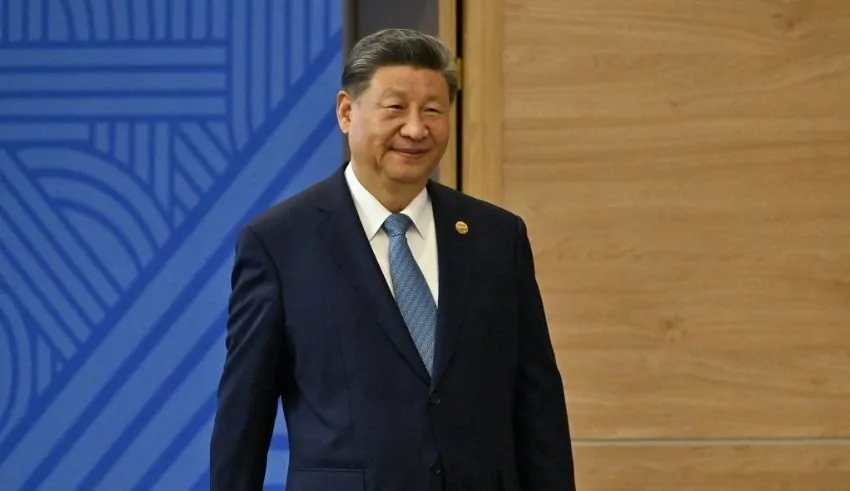

China Builds Over 200 Detention Centers as Xi Jinping Cracks Down on Corruption
As part of President Xi Jinping’s ongoing anti-corruption campaign which now encompasses a wider range of public sector officials, private entrepreneurs and administrators in industries like healthcare and education, China has constructed or expanded more than 200 specialized detention facilities throughout the nation. The extent and character of this expansion which reflects Xi’s growing authority over the party and the country was revealed by a CNN investigation.
In order to strengthen his hold on the Communist Party and the military, Xi Jinping has spearheaded a broad anti-corruption drive since taking office in 2012. This effort has targeted not only dishonest officials but also political opponents. Xi who is currently in his third term has institutionalized this crackdown to strengthen his power and made it a permanent part of his reign.
As time has gone on, the fight against corruption has broadened its focus to include people outside of the party. The same disciplinary methods apply to hospital officials, school administrators and private company leaders, many of whom are not Communist Party members.
The core of this larger crackdown is the increased detention regime also referred to as “liuzhi” or “retention in custody.” Under this arrangement, inmates may be detained for up to six months without access to attorneys or family visits in specialized detention facilities with cushioned floors and 24 hour security. It has grown to be a powerful instrument in Xi’s larger fight against corruption by creating anxiety both inside and outside the Communist Party.
The Central Commission for Discipline Inspection (CCDI), the party’s disciplinary body has historically used a covert, extralegal detention system detaining Communist Party members suspected of corruption or wrongdoing in secret places for protracted periods of time without access to legal representation. The controversial “shuanggui” system which was infamous for its use of forced confessions and lack of legal control was abolished by Xi in 2018 amid growing condemnation of the institution’s abuses.
Many of the problematic aspects of the previous system are still present in the Liuzhi system such as the capacity to hold people without communication with the outside world and the lack of impartial control. According to a criminal defense attorney who defends Chinese officials in corruption cases, the new system has not done anything to protect detainees rights.
The Liuzhi system casts a far wider net than its predecessor which concentrated mostly on members of the Communist Party. It now goes after anyone in a position of “public power” such as government employees, administrators of hospitals and schools and businesspeople who might have been connected to corruption cases. Those imprisoned under the Liuzhi system include well known people like former football player Li Tie who was given a 20 year prison sentence for corruption this month and wealthy investment banker Bao Fan.
Malaysia Aviation Group (MAG) parent of Malaysia Airlines has set out to order 30 new Boeing 737 aircraft as part…
Indonesia and Vietnam have completed their long-negotiated and pending ratification of their maritime boundaries. While this will probably improve maritime…
Japan achieved historical first place in World Cup 2026 qualification after beating Bahrain 2-0 at Saitama Stadium. After bringing on…
Lawmakers across parties worry about the Trump administration's decision to stop funding the Open Technology Fund because leading Republicans view…
Every year Google creates an animated design that celebrates Nowruz 2025 as a symbol of Persian New Year and spring…
One of the greatest diplomatic successes of the United Arab Emirates (UAE) lies in the successful mediation of the exchange…
This website uses cookies.
Read More